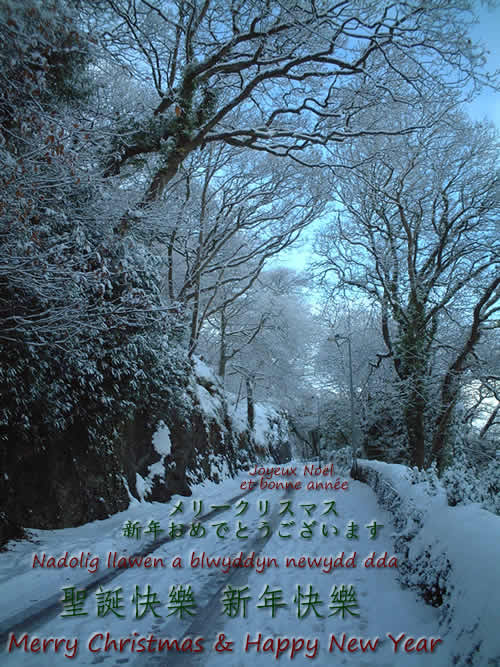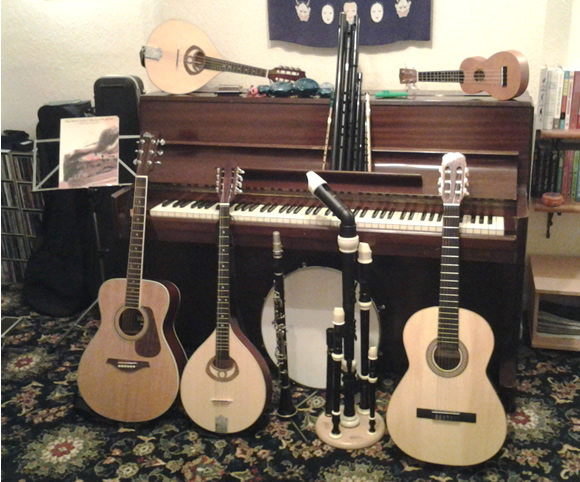This week I reached the half-way point in my Breton Assimil course (lesson 50) and have entered the ‘active phase’. So for every new lesson I also go back to an earlier lessons and translate the French versions of the dialogues and exercises into Breton. I also translate them into Welsh, just for fun. So far I’m finding the translations easy, but have to check some of the spellings.
My impression of the Assimil course so far is that it is a good way to learn a new language. Each lesson provides some new words and grammar, but doesn’t overwhelm you with new stuff. In Colloquial Breton the lessons cover far more material, which can be a bit intimidating at first. For example, when a new verb is introduced in Colloquial Breton all forms for a particular tense are given, while in the Assimil course the different forms are usually introduced over several lessons. I think I prefer the gentle, gradual approach of Assimil, but will go back to the Colloquial course once I’ve finished the Assimil one. If I need to know all the different forms of a verb or other conjugated word, I can look in the grammar section at the back of Assimil, or in my Breton grammar book,
As well as studying a bit every day, I listen to Breton radio regularly, and am beginning to get the gist of some of the things I hear, or at least can recognise some of the words. I haven’t heard any Breton songs that I really want to learn yet, but I hope there’ll be a few. I have also bought a Breton version of the first Harry Potter book and plan to read it soon, perhaps in parallel with the Welsh and/or English versions.
Have you used Assimil courses to learn any languages? What are you impressions of them?

